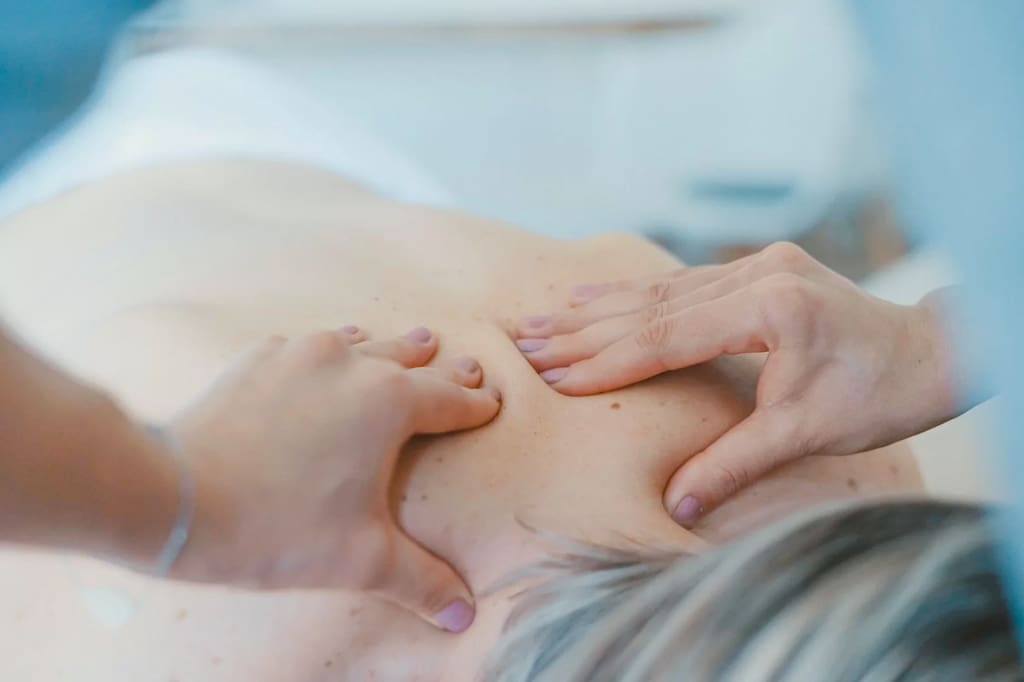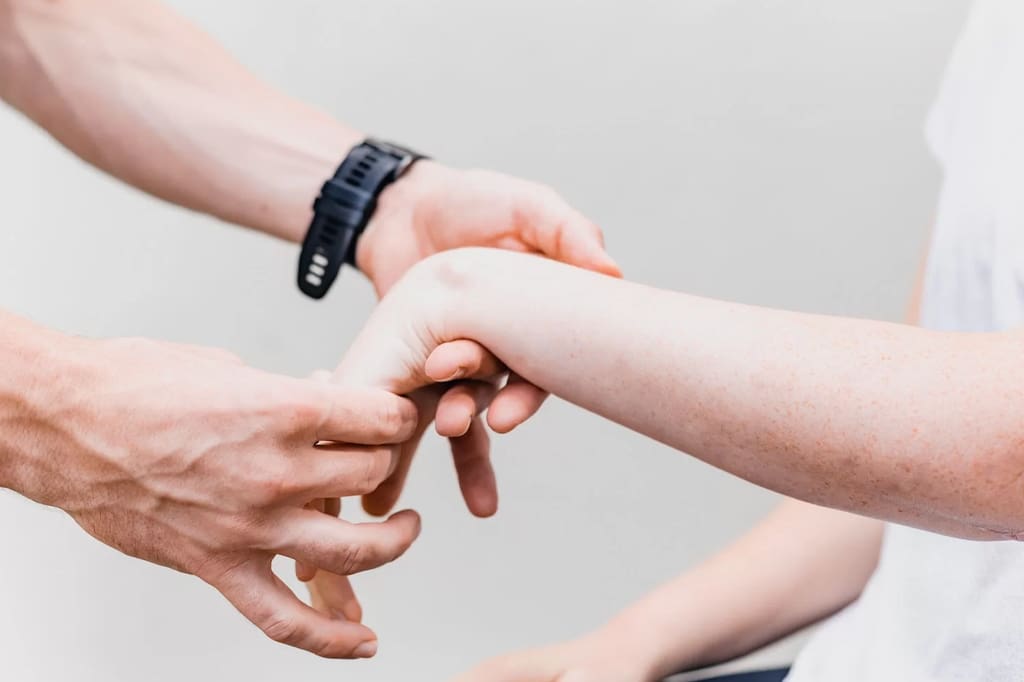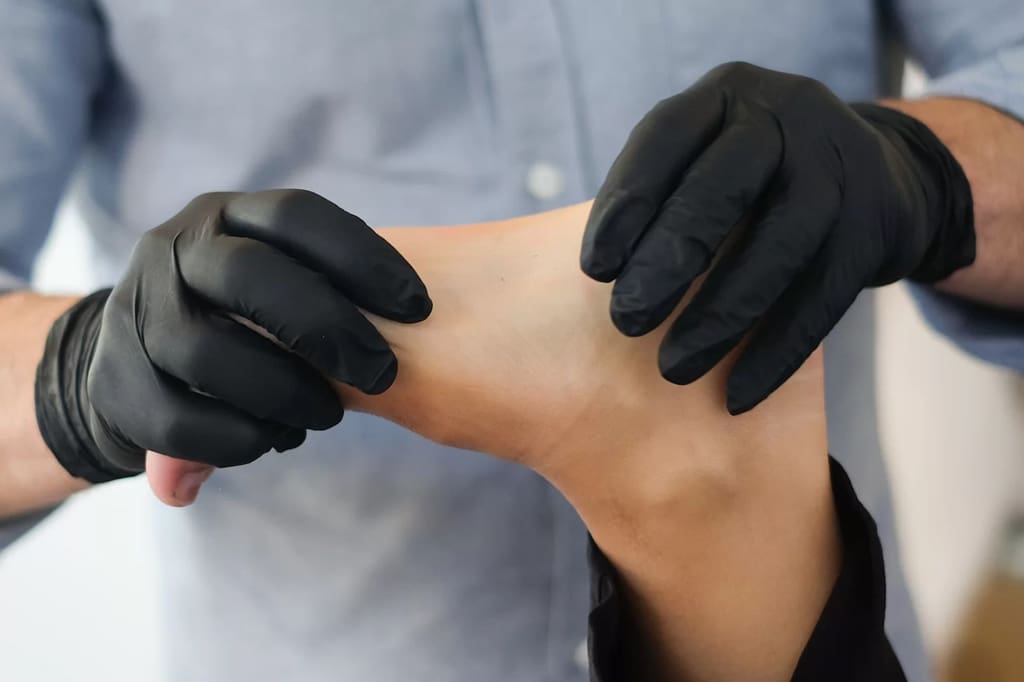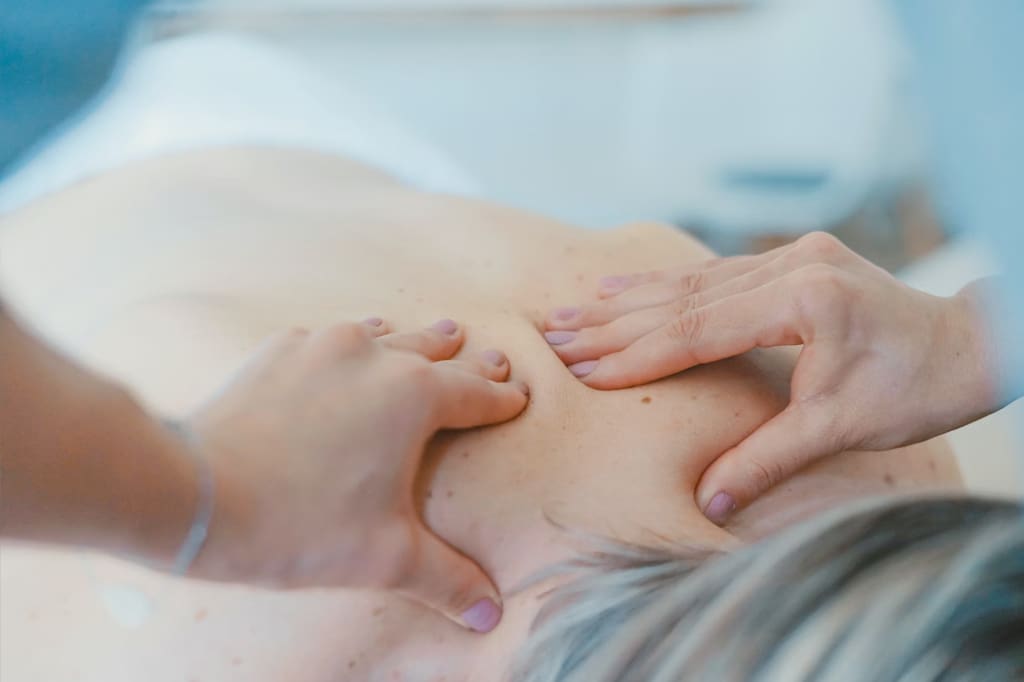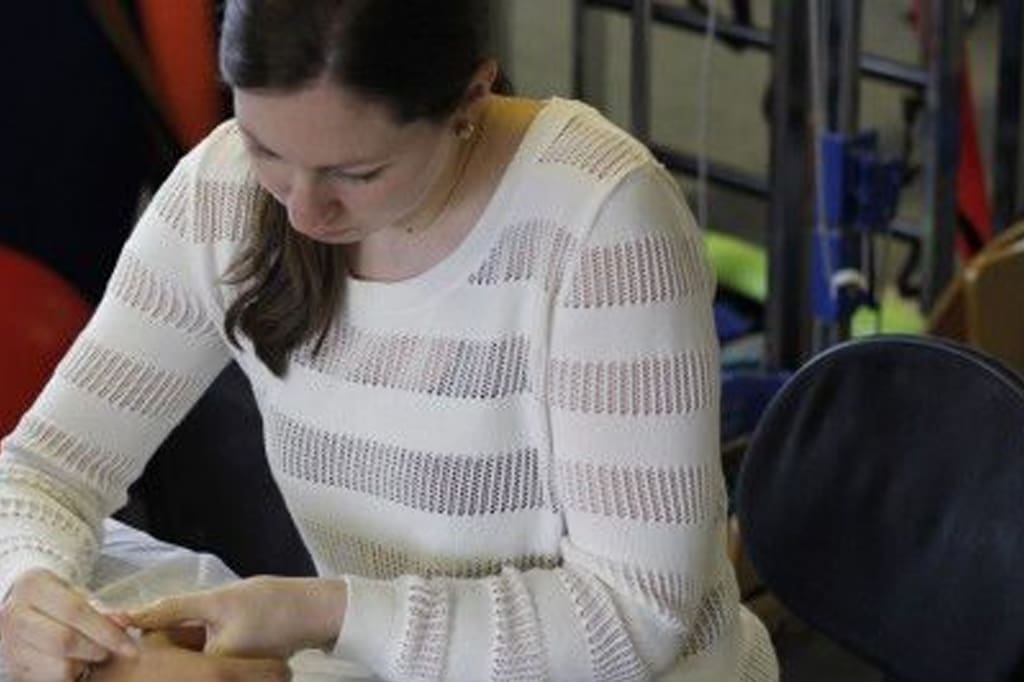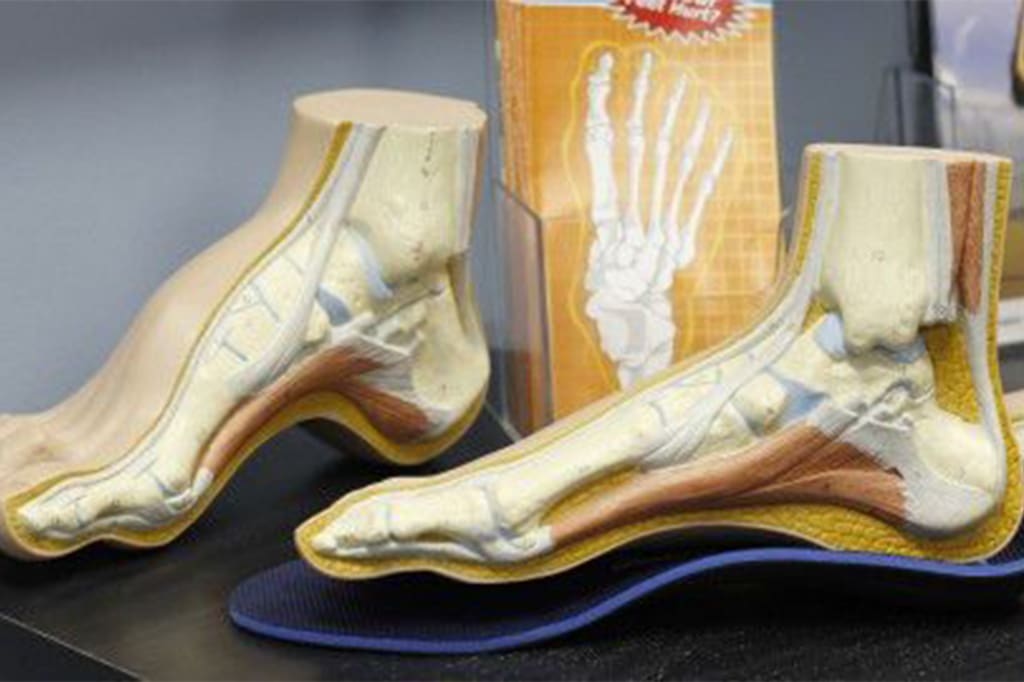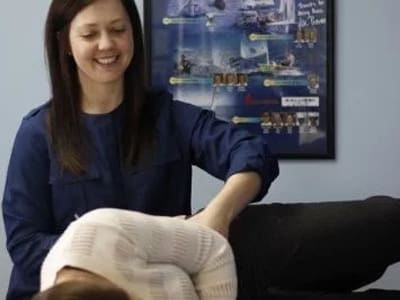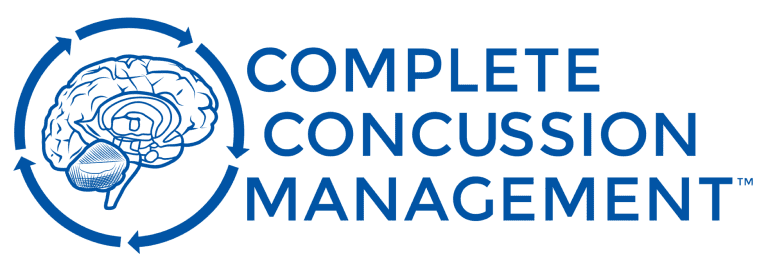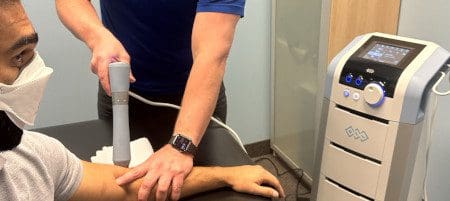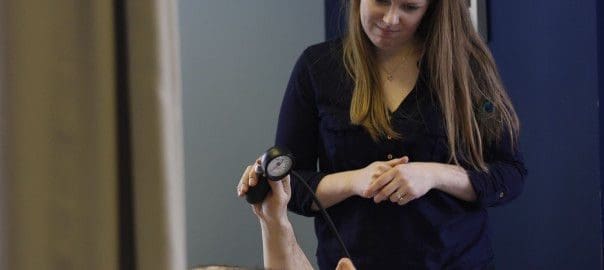For individuals recovering from sports injuries, surgery, or experiencing everyday aches and pains, rehabilitation plays a crucial role in improving function, alleviating pain, and restoring optimal performance. In addition to traditional physical therapy and massage treatments, incorporating acupuncture into your rehabilitation plan can offer valuable benefits. Acupuncture has been shown to significantly reduce the need for prescription drugs and enhance the quality of life for patients, particularly those dealing with chronic pain. Continue reading to discover what acupuncture can do for you.
What is Acupuncture?
Western medical acupuncture is a modern adaptation of Traditional Chinese Medicine acupuncture, integrating current knowledge of anatomy, physiology, pathology, and evidence-based medicine. This therapy involves the insertion of fine, sterile needles into specific points on the body. Acupuncture functions by stimulating the nervous system, with its known modes of action encompassing local, peripheral, and central nervous system effects. It is primarily utilized for treating musculoskeletal and myofascial trigger point pain.
How Does Acupuncture Work?
While the exact mechanisms of acupuncture are still under investigation, several theories shed light on its potential modes of action. It’s essential to recognize acupuncture as a holistic therapy, affecting not only specific physical symptoms but also the overall balance and well-being of the body. Some proposed mechanisms of action include:
Stimulation of Acupoints: Acupuncturists insert fine needles at specific points on the body, known as acupoints, believed to correspond to meridians and vital energy (Qi) pathways. This physical needling may stimulate nerve endings and sensory receptors, triggering various physiological responses.
Neurotransmitter Release: Acupuncture might induce the release of endorphins, the body’s natural painkillers, along with other neurotransmitters affecting mood and pain perception. This contributes to pain relief and an enhanced sense of well-being.
Anti-Inflammatory Effects: Acupuncture is thought to reduce inflammation by promoting the release of anti-inflammatory substances within the body, offering relief for conditions involving chronic inflammation, such as arthritis.
Blood Circulation: Inserting acupuncture needles may augment blood flow to affected areas, aiding in pain reduction and promoting healing.
Balancing Energy Flow: According to traditional Chinese medicine principles, acupuncture strives to balance Qi (energy) flow within the body. By addressing imbalances and blockages along meridians, it aims to restore health and well-being.
Placebo Effect: Many patients report feeling better post-acupuncture sessions, even if the exact physiological mechanisms aren’t fully understood.
It’s crucial to note that individual responses to acupuncture can vary, and more research is needed to comprehensively explain its workings.
Which Conditions Can Benefit From Acupuncture?
Acupuncture has garnered attention in various research studies, suggesting potential benefits for several conditions. While research supports acupuncture for these conditions, individual responses may differ. Here’s a list of conditions where acupuncture has shown potential benefits:
- Back pain
- Neck pain
- Osteoarthritis
- Headaches, including migraines
- Knee pain
- Fibromyalgia
- Sciatica
- Tendonitis
It’s common for acupuncture to be used alongside other therapy treatments, with the approach and effectiveness varying based on the individual and the condition being addressed.
What are the Risks of Acupuncture?
While acupuncture offers therapeutic benefits, it’s essential to acknowledge potential considerations and risks:
Needle Discomfort:Some individuals may experience mild discomfort or pain at the needle insertion sites, usually temporary and minimal.
Bruising and Bleeding: Minor bruising or bleeding may occur occasionally at the needle insertion points.
Dizziness and Fainting: Some individuals may feel lightheaded or faint during or after acupuncture sessions, especially if sensitive to needle stimulation.
Allergic Reactions: Rarely, individuals may experience allergic reactions to materials used in acupuncture, such as metal needles or skin-applied substances.
At Sheddon Physiotherapy and Sports Clinic, your safety and comfort during acupuncture therapy are paramount. Our dedicated therapists adhere to rigorous safety protocols, including stringent infection control measures, impeccable hygiene practices, and consistent use of clean, sanitized equipment. Our commitment extends beyond treatment to provide a secure and effective healing environment. If you’re interested in exploring the benefits of acupuncture, consult with one of the therapists at Sheddon Physiotherapy and Sports Clinic to determine if it’s suitable for you and your condition. Our Burlington team comprises committed therapists proficient in acupuncture.
For more info, contact Sheddon Physiotherapy and Sports Clinics Burlington at 905-849-4576.
Our clinic is conveniently located just 5 min west of Spencer Smith Park and 6 min northwest of Burlington Beach, on Plains Rd East.


